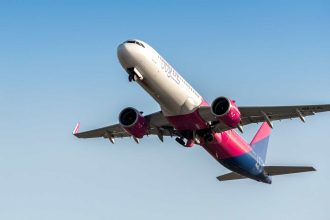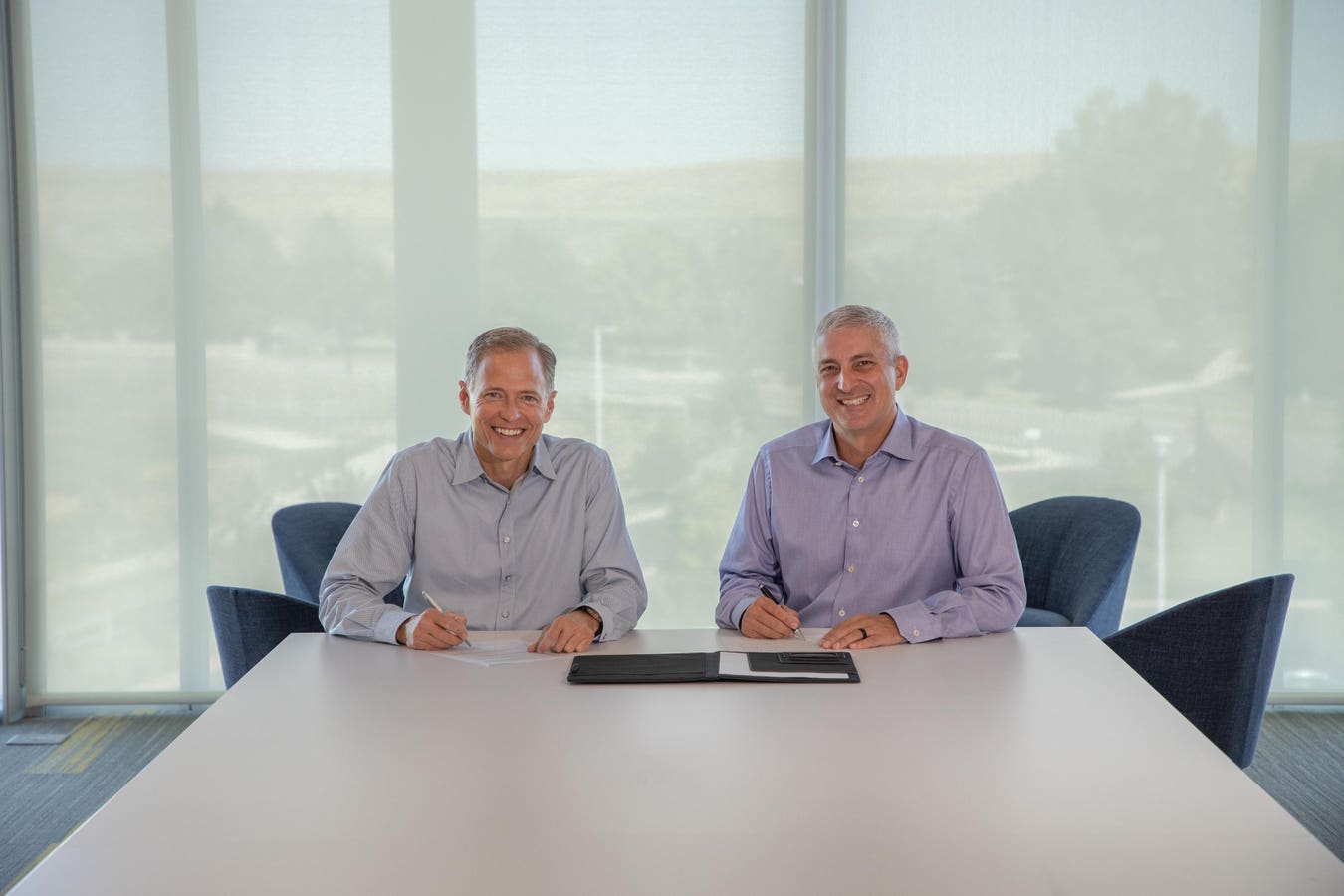Technology has been dramatically changing the farming world for some time now, with computers controlling everything from fertilizer and pesticide application to tractor steering to ensure full field coverage for sprayers and harvesters.
That trend may now be accelerated even further on the heels of last month’s announcement of a joint venture between AGCO Corporation and Trimble Inc. focused on creating a new mixed-fleet precision agriculture platform. The $2 billion cash deal will see AGCO acquire a majority interest in Trimble’s existing portfolio of agricultural assets and technologies. The transaction is fully funded and is expected to close in early 2024.
The JV is a dramatic step forward in a years-long smart farming strategy for AGCO, the third largest (by sales) global agricultural equipment manufacturer headquartered in Duluth, Georgia. With 2022 net sales of $12.65 billion, AGCO owns equipment brands Fendt, GSI, Massey Ferguson and Valtra, and manufactures tractors, combine harvesters, sprayers and haying and seeding equipment in addition to its existing open digital farming platform, Fuse, which supports both AGCO products and the aftermarket.
“The AGCO-Trimble deal demonstrates the next evolution in farm machinery,” said Damian Mason, ag speaker and host of The Business of Agriculture podcast. “For 9,900 years, agriculture was powered by human muscle or actual horsepower. In the last century, farm mechanization revolutionized farming, allowing for vastly improved yields with vastly less hard labor. The future of farm machinery is autonomous. And the future farm machinery manufacturer is as much tech company as they are a producer of horsepower. Tying up a tech company with a tractor maker makes sense for the long haul and capitalizes on what each company does best.”
“Precision ag is a term for each machine having intelligence to address different parts of the field,” said Eric Hansotia, CEO, Chairman and President of AGCO. “AGCO had two offerings already: intelligent features could be added to one of our machines from the factory, or we have Precision Planting, where we make dumb machines smart, which can be applied to any machine.”
Trimble, meanwhile, has been heavily focused on smart ag technologies covering such areas as guidance and steering, water management, positioning, and flow and application control, and had total revenues in 2022 of $3.68 billion. With the JV, the precision agriculture segment of Trimble’s business will become a separate entity owned 85% by AGCO and 15% by Trimble.
“When it comes to Trimble, for the last 30-plus years it’s the only other company that addressed precision ag for both mixed fleet and OEMs,” Hansotia said. “We’re the only two companies that thought about the market that way, so this is a great DNA fit. We have almost no redundancy. They’re focused on guidance and steering, while we’re focused on adjustments on the go, things like planters and fertilizers.”
The accelerated move towards digital agriculture doesn’t diminish AGCO’s commitment to its core machinery businesses. However, it does indicate an even more aggressive investment in the higher-margin business of precision ag. “More and more of our engineers are software engineers,” explained Hansotia. “Sensors, data analysis and computers on board our machines are their focus. We’ve raised our engineering budget by 60% since 2020. This gives us more scale to do tech on our own machines–I like our scale there. By 2030 we should have full autonomous operation. But the big differentiator is in retrofit. The only other one doing that was Trimble. The customer sees the technology and wants the features and capabilities for productivity and sustainability but doesn’t want to spend on a new machine. We’re generating more features more rapidly.”
While it’s currently focused more heavily on retrofit, the strategy is also aimed at longer-term growth. “In another few years, the customers will be ready to buy new,” Hansotia continued. “We’ll already have the operating system they’re used to.”
“AGCO already had amazing in-cab technology but to get to the next level, sometimes it’s smarter (and faster to market!) to acquire innovation through acquisition,” said Mason. “Will the other two global farm machinery makers follow suit and go on a tech shopping spree? Or will they continue to develop next-level guidance and operational tech in-house? Farm machinery companies that embrace environmental sustainability, autonomous operation, and the ability to retrofit as well as provide new in-cab technology will win the future.”
The deal may result in one significant change to AGCO’s business. The company has announced that its Grain & Protein business, focused primarily on grain handling and storage, will be placed under strategic review as part of its broader portfolio transformation. AGCO will assess its strategic options while working to ensure that the customers for that part of its business are serviced in the best way moving forward.
Read the full article here





